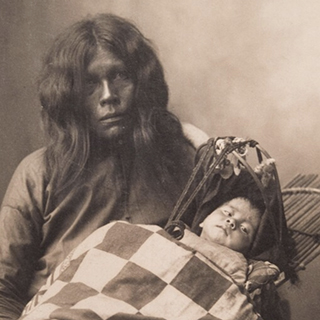The land that became the TCU campus has been Native Americans’ home for millennia. That’s important to know.

Because our campus sits on ancestral homelands of the Wichita and Affiliated Tribes who have lived here for generations, the ground we walk on daily at TCU serves as a teaching tool for empathy, respect and understanding.
We’re developing programs to help Horned Frogs learn and respect the sovereignty and contemporary presence of Native American nations and the historical trauma of Native Americans and Indigenous Peoples.
This is how we work together to find a healing path forward.

“Don’t be afraid of history’s facts. Great nations, great people, take responsibility.”
— Scott Langston, liaison for Native American Nations and Communities
Events

Land Acknowledgment
TCU’s Land Acknowledgment represents shared experiences between the university and Native American peoples.

Native American Monument
In 2018, following years of collaboration, TCU dedicated a monument acknowledging all Native American peoples who have lived in this region, especially the Wichita and Affiliated Tribes.
The historical Native American photo on this page is from the Amon Carter Museum of American Art Collection, Fort Worth, Texas.
Ahahe and child, Caddoan family, Wichita, 1898 | Frank A. Rinehart (1861-1928) | Bureau of American Ethnology Collection